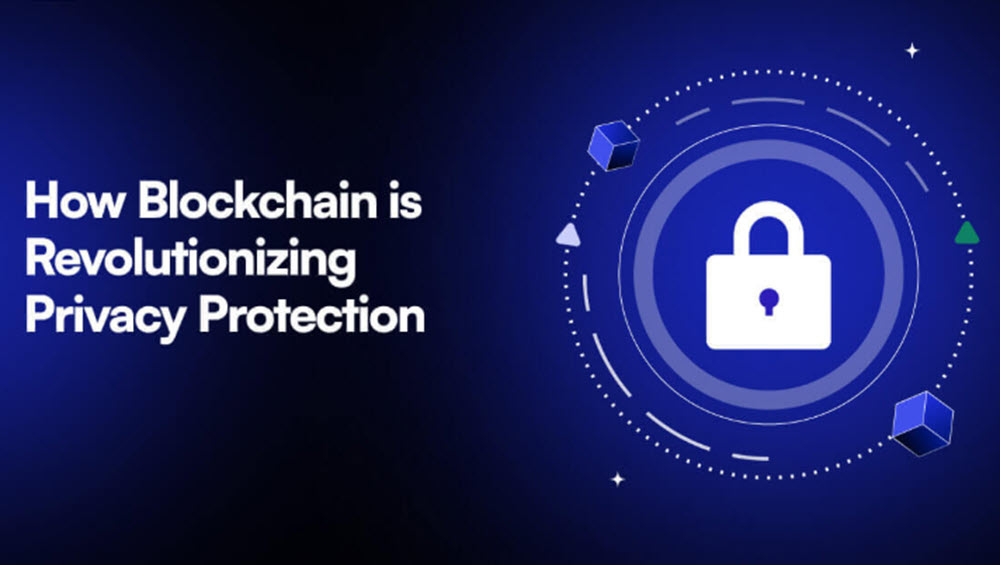How Blockchain Revolutionizes Data Privacy

Blockchain and Data Privacy: Transforming the Protection of Personal Information
In an era dominated by digital interactions, safeguarding personal data has become more critical than ever. From financial transactions to private conversations, much of our lives now occur online—leaving our information vulnerable to breaches, misuse, and surveillance. Enter blockchain technology: a transformative force reshaping how data is stored, accessed, and protected.
Originally designed to power cryptocurrencies, blockchain has matured into a powerful tool for enhancing data security and privacy. Its decentralized framework and cryptographic strength offer a forward-thinking approach to the challenges of modern cybersecurity. Here’s how blockchain is revolutionizing personal data management in the digital age.
The Growing Importance of Data Privacy
Data breaches have become alarmingly frequent, often stemming from centralized data systems that serve as single points of failure. When hackers penetrate these systems, they can access enormous volumes of sensitive information—exposing individuals to fraud, identity theft, and other cybercrimes.
Blockchain offers a compelling alternative through its decentralized ledger system. By distributing data across a network of nodes, it eliminates the central point of vulnerability and drastically reduces the risk of widespread compromise.
Key Ways Blockchain Enhances Data Privacy
- Decentralized Storage
Unlike traditional databases that store data in a single location, blockchain disperses information across its network. This decentralization not only strengthens security but also grants users greater control over their own data. - Immutability and Transparency
Blockchain records are permanent and tamper-proof. Once a transaction is added to the ledger, it cannot be changed without consensus, ensuring data integrity. This makes it ideal for storing sensitive information like medical records, where accuracy and trust are paramount. - Advanced Encryption
Blockchain utilizes robust cryptographic techniques to protect data. Information is encrypted and accessible only to individuals with the appropriate private keys. Even if intercepted, the data remains unintelligible to unauthorized parties. - Smart Contracts for Controlled Sharing
Smart contracts enable automated, secure data sharing based on predefined rules. These digital agreements ensure that personal information is only accessed under agreed-upon conditions, giving users full control over how their data is used.
Navigating Challenges and Embracing Opportunities
Despite its potential, blockchain is not without obstacles. One major issue is its conflict with privacy regulations like the GDPR, which includes the “right to be forgotten”—a concept that contradicts blockchain’s immutability. Solutions such as off-chain storage and zero-knowledge proofs are emerging to bridge this gap.
Nonetheless, blockchain presents a unique opportunity to redefine data privacy. By fusing transparency with robust security measures, it offers a blueprint for a safer and more trustworthy digital future.
The Road Ahead
As digital threats evolve, the need for secure, transparent systems becomes increasingly urgent. Blockchain is poised to play a pivotal role in this transformation, setting the standard for how personal data is protected in the 21st century. The future of privacy is decentralized—and blockchain is leading the way.


